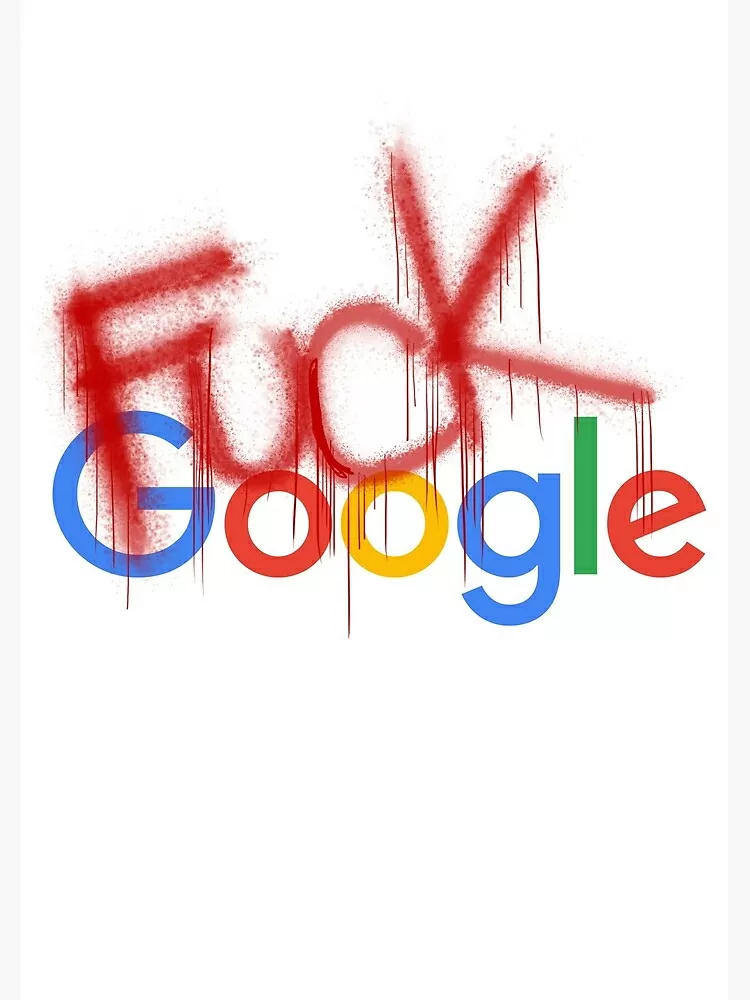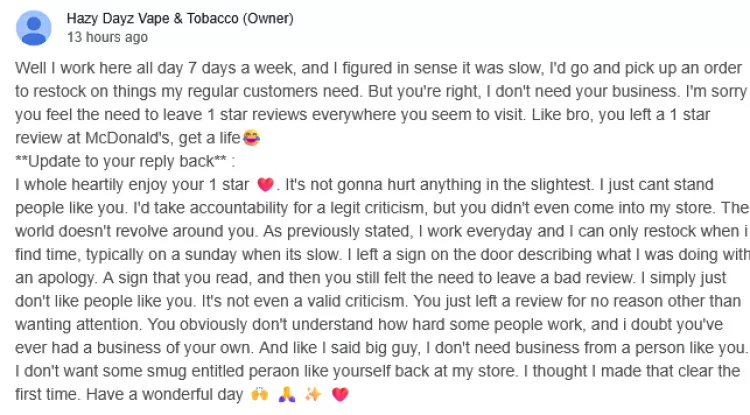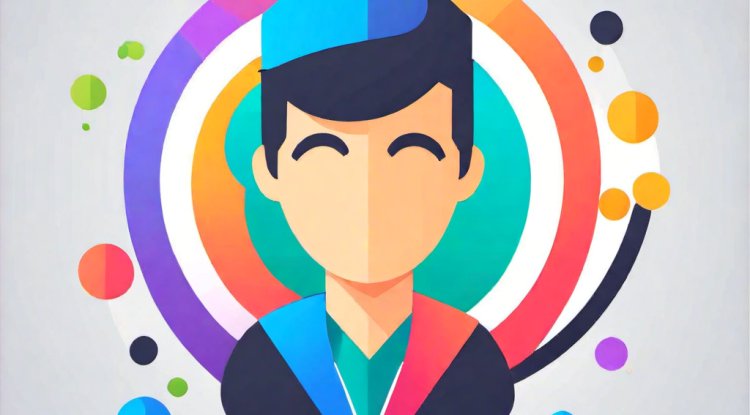Fuck Google
Why pirates are the way they are, big companies like google are driving more people towards it!

In recent years, Google, once seen as the paragon of innovation and progress in the tech world, has found itself embroiled in controversies surrounding its purportedly "woke" stance and its treatment of developers. Accusations of arbitrary bans and censorship have led to a growing chorus of voices questioning the tech giant's commitment to free expression and fair play.
Google, like many other tech companies, has increasingly positioned itself as a champion of social justice causes. From diversity initiatives to environmental sustainability pledges, the company has made concerted efforts to align itself with progressive values. However, critics argue that these efforts have sometimes crossed the line into what they see as overzealous censorship and virtue signaling.
One area where Google's purported "wokeness" has come under scrutiny is in its treatment of developers on its various platforms, including the Google Play Store and YouTube. There have been numerous reports of developers being banned or their apps removed from the Play Store seemingly without clear justification. In some cases, developers claim they were given no warning or explanation for the ban, leaving them in the dark about what specific rules or guidelines they may have violated.
The lack of transparency around these bans has fueled speculation and frustration within the developer community. Some have accused Google of enforcing vague and arbitrary rules inconsistently, leading to a climate of uncertainty where developers fear reprisal for seemingly innocuous content or behavior. This has prompted concerns about the potential chilling effect on free expression and innovation, with developers feeling pressured to self-censor to avoid running afoul of Google's ever-shifting standards.
This incident, along with others like it, has sparked a broader conversation about the power that tech companies like Google wield over the digital public square. As gatekeepers of the internet, these companies have immense influence over what content is allowed to reach audiences and what is effectively silenced. Critics argue that this puts them in a position of unprecedented authority, with the ability to shape public discourse and suppress dissenting voices with impunity.
In response to these concerns, some have called for greater transparency and accountability from Google and other tech giants. They argue that developers deserve clear and consistent guidelines for what is and isn't allowed on their platforms, as well as a fair and impartial appeals process for disputes. Without these safeguards in place, they warn, the internet risks becoming a less open and inclusive space, where only those who toe the party line are allowed to participate.
Google, for its part, has defended its actions as necessary to maintain a safe and respectful online environment. The company insists that it takes allegations of hate speech and other forms of harmful content seriously, and that its policies are designed to reflect its commitment to fostering a positive user experience. However, critics remain skeptical, calling into question the company's motives and its willingness to listen to feedback from those affected by its decisions.
As the debate over Google's alleged "wokeness" and its treatment of developers continues to unfold, one thing is clear: the intersection of technology and social justice is a complex and fraught terrain. Balancing the competing interests of free expression, user safety, and corporate responsibility is no easy task, and the decisions made by companies like Google have far-reaching implications for the future of the internet. Only time will tell how this delicate balance will ultimately be struck.
What's Your Reaction?



















